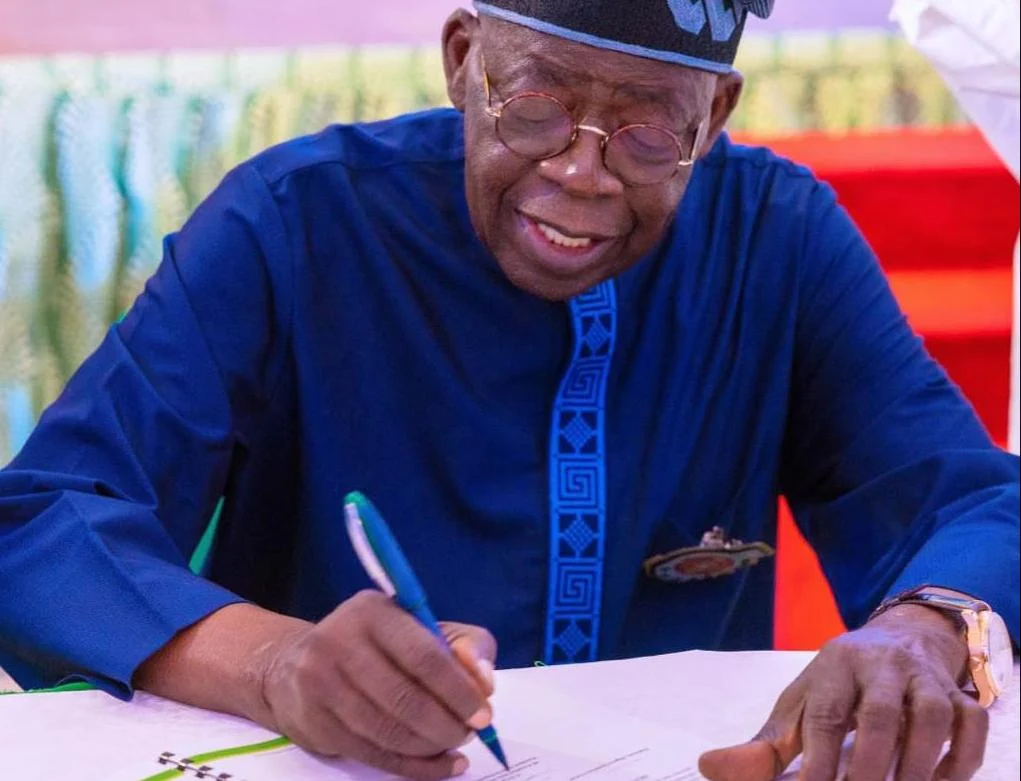President Bola Ahmed Tinubu has endorsed a proposal to increase the minimum wage from ₦30,000 to ₦70,000. This decision came after meetings with the Nigeria Labour Congress (NLC) and the Trade Union Congress (TUC) on Thursday.
NLC President Joe Ajaero confirmed the endorsement and stressed the importance of timely revisions to avoid prolonged negotiations in the future.
The NLC initially proposed a minimum wage of ₦250,000, citing inflation and a cost of living crisis. Despite the government’s concerns over high overhead costs, it agreed to ₦70,000 and committed to reassessing the wage every three years instead of the usual five.
President Tinubu also pledged significant investments in infrastructure and renewable energy to complement the wage increase. Plans include deepening investments in renewable energy and acquiring more CNG buses to make Nigeria more compliant with cleaner energy standards.
Additionally, Tinubu promised to address the salaries of SSANU and NASU workers in public universities that were withheld.
Despite these assurances, concerns remain about the practicality of implementing the new wage in states already struggling with the current minimum wage.
The President has pledged to support states and the private sector in meeting the new wage requirements, though specific details of this support have not been provided.
The increase in the minimum wage comes amid soaring inflation and a weakening currency, which have significantly impacted workers’ purchasing power.
This new wage represents a critical step in addressing these economic challenges and demonstrates a cooperative effort between the government and labor unions to improve the economic well-being of Nigerian workers.




